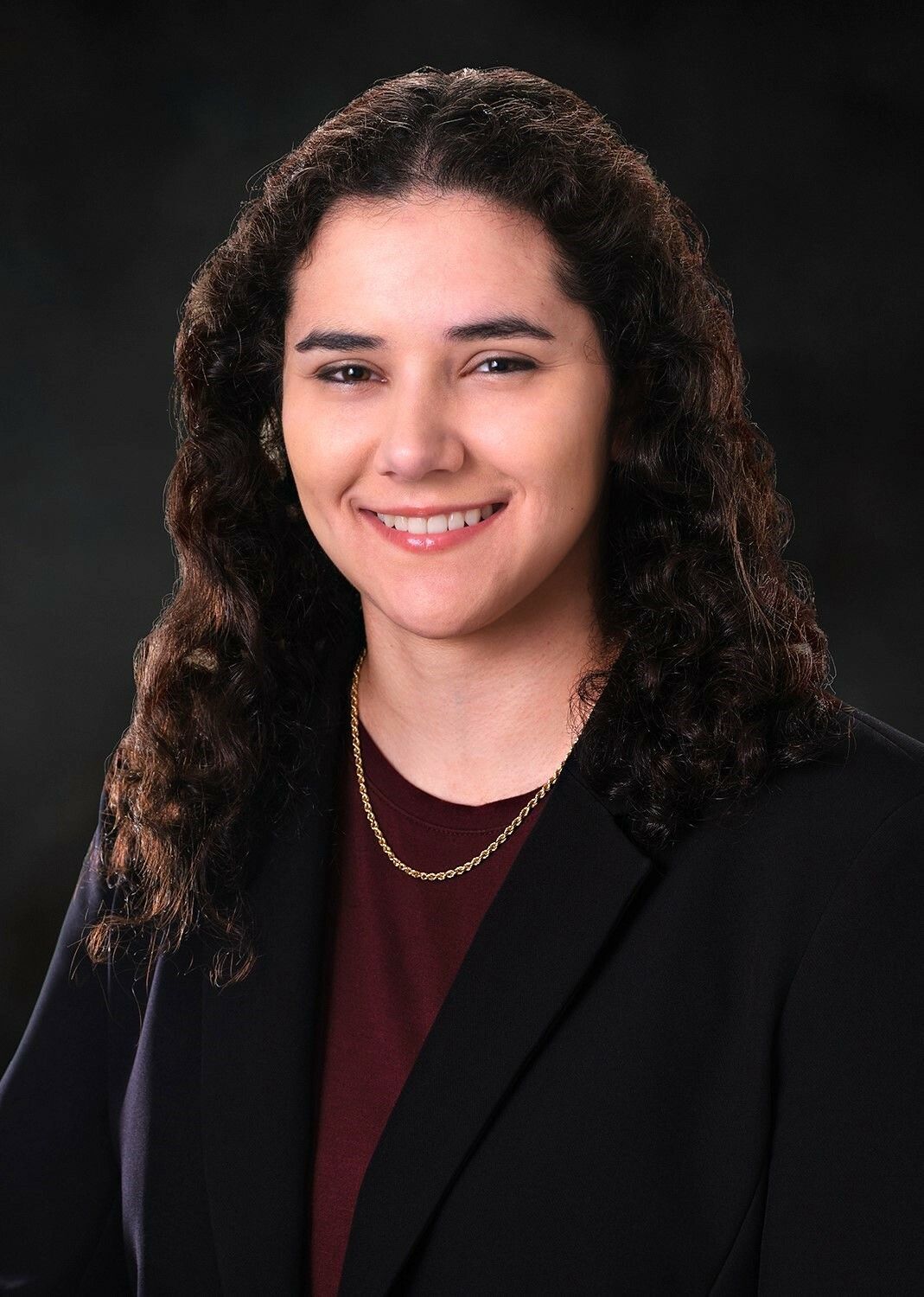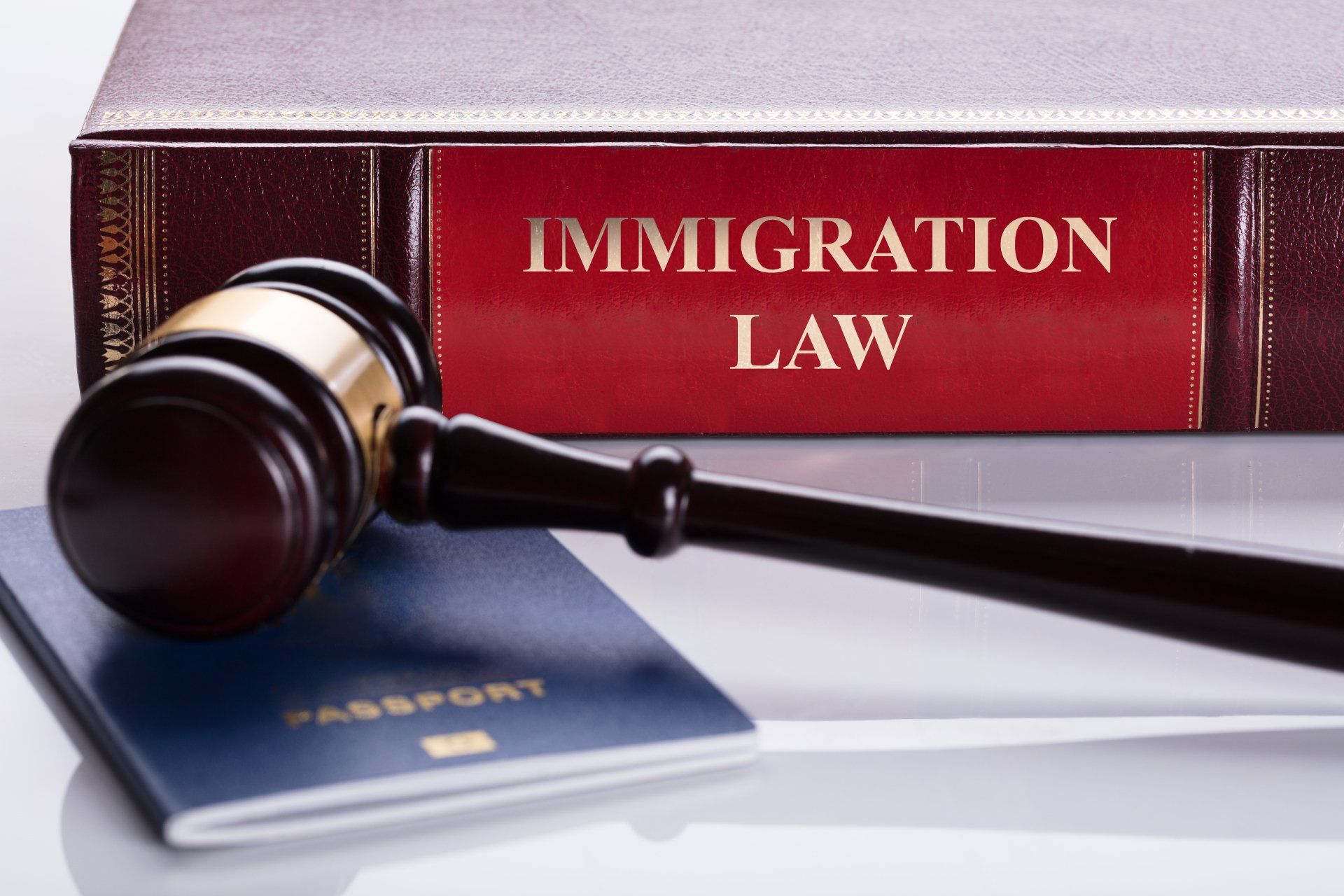NEW PROCESS ON HARDSHIP WAIVER APPLICATIONS
NEW PROCESS ON HARDSHIP WAIVER APPLICATIONS
On January 9, 2012, the United States Citizenship and Immigration Services ("CIS") announced a proposed rule, Provisional Waivers of Inadmissibility for Certain Immediate Relatives of U.S. Citizens. The proposed rule would streamline the adjudication process of waivers of inadmissibility for immediate relatives of U.S. citizens by allowing aliens to file waiver applications and wait for adjudication in the U.S. This could be beneficial to tens of thousands of families with an immediate relative that entered the U.S. illegally; whereas the alien previously would have had to leave the U.S. for an extended period in order to get a green card, the alien can now wait in the U.S. for preliminary approval and have a much shortened wait abroad.
· Background on USCIS, Illegal Entry and Removal, and Consular Processing: The United States Citizenship and Immigration Services ("CIS") processes applications, petitions and waivers by and for aliens pursuant to the Immigration and Nationality Act ("INA"). Many of the applications are for immediate relatives of U.S. Citizens. The INA provides a penalty for entry without inspection ("EWI") into the U.S. - aliens are barred from most forms of relief without leaving the U.S., and must go through Consular Processing. Generally, aliens who have entered without inspection have to travel to a U.S. Embassy abroad and get a visa to re-enter from the "consular" section of the Embassy. Even if an alien marries a U.S. citizen, to get a green card he or she typically must leave the country in order to re-enter with an immigrant visa. Unfortunately, however, once an alien leaves the U.S. after EWI, he or she is subject to either a three- or ten-year bar to re-entry. Waivers of this bar to re-entry are available, but not guaranteed.
· Waivers: Previously, waivers could only be filed upon leaving the U.S. (and triggering the three- or ten-year bar) and arriving at a U.S. Embassy, where it would take many months to adjudicate. The alien and his or her family would have to spend those months apart, with no guarantee that the waiver application would be approved. The alien must show that his U.S. citizen relative(s) would suffer extreme hardship if the alien was required to remain outside the U.S. during the bar period. CIS has announced a proposed rule, Provisional Waivers of Inadmissibility for Certain Immediate Relatives of U.S. Citizens, which would streamline the waiver adjudication process for immediate relatives of U.S. citizens by allowing the aliens to file waiver applications and wait for adjudication while remaining in the U.S. This could save months of time that families would typically spend apart. Further, this allows many aliens who were too afraid of a waiver denial to leave the U.S. to now "test the waters" with a waiver application without leaving the U.S. The requirement of showing extreme hardship has not changed.
· Current Status: The provisional waiver is still a proposed rule, and CIS is awaiting comment from the public. CIS should issue a final rule later this year. Hopefully, CIS will also issue the new provisional waiver application form this year as well. The provisional waiver application is not eligible for those who have already received an appointment notice for consular processing. It also is not applicable for alien relatives of U.S. permanent residents.
· Bottom Line: This is great news for aliens who entered without inspection and are immediate relatives (spouses, children over 21, or parents) of U.S. citizens.Many families have been afraid to file petitions, only to become subject to the requirement of the alien leaving the U.S. for a long waiver process, possible denial of the application, and possibly a bar to re-entry. Now is a great time to file an immigrant petition for eligible aliens to try to get at the front of what will likely be a wave of new filings. Please contact David Elliott for more information or to determine eligibility.
This blog is not intended to create an attorney/client relationship or provide legal advice. Please contact the author if you have any questions or comments regarding the subject matter.










